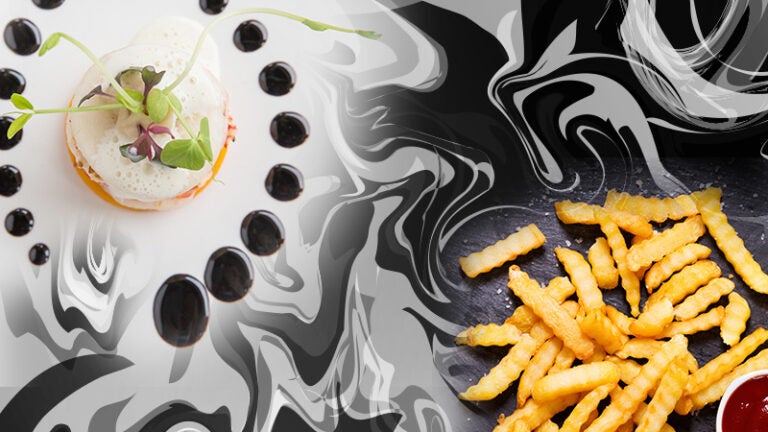
USC Dornsife sociologist asks if being a snob gives you a leg up in life
Kyla Thomas got her first taste of class bias at the dinner table.
“My dad likes to get his steaks well done and, you know, eat them with ketchup,” she said.
So when she went off to graduate school and was having steaks with faculty, she similarly ordered well-done — and was shamed for it. Regardless of her personal preference, she ordered medium-well or medium from then on.
Highbrow and lowbrow tastes
Now, Thomas, an associate sociologist at USC Dornsife’s Center for Economic and Social Research, studies this. She’s researching how signaling certain tastes — particularly highbrow tastes and lowbrow tastes — affects how people perceive us.
There’s research that shows students with higher income backgrounds tend to graduate at higher rates and report higher earnings upon graduation.
“That said, when you look at the labor market outcomes of two people with differing class backgrounds but the same college attainment, the person from the middle/upper class family still tends to do better than the person from the working class family,” she said. “So the question is why this class gap in status attainment persists despite similarities in credentials and ability.”
Are they somehow more skilled — or is it possible that the elite favor the elite?
What’s your preference?
To test this, she’s surveying 6,000 Americans by using fictitious social media profiles. The people in the profiles signal tastes that are either highbrow, middlebrow or lowbrow.
“Kind of more gourmet dishes or European dishes — coq au vin or filet mignon — are seen as higher status. Whereas hot dogs, cheeseburgers, casseroles — those things are seen as lower status,” she said. “A lot of people can relate to these stereotypes, so I was basically trying to tap into those. I also wanted to see how tied they are to perceptions of the social class of a person.”
She asked respondents to rate the profiles on a key characteristic: competence. She’s finding that the more highbrow the interests — think tennis and caviar — the more competent they’re perceived to be.
Listen to the audio story to hear more about the research and how folks on the USC campus reacted to the profiles she used.